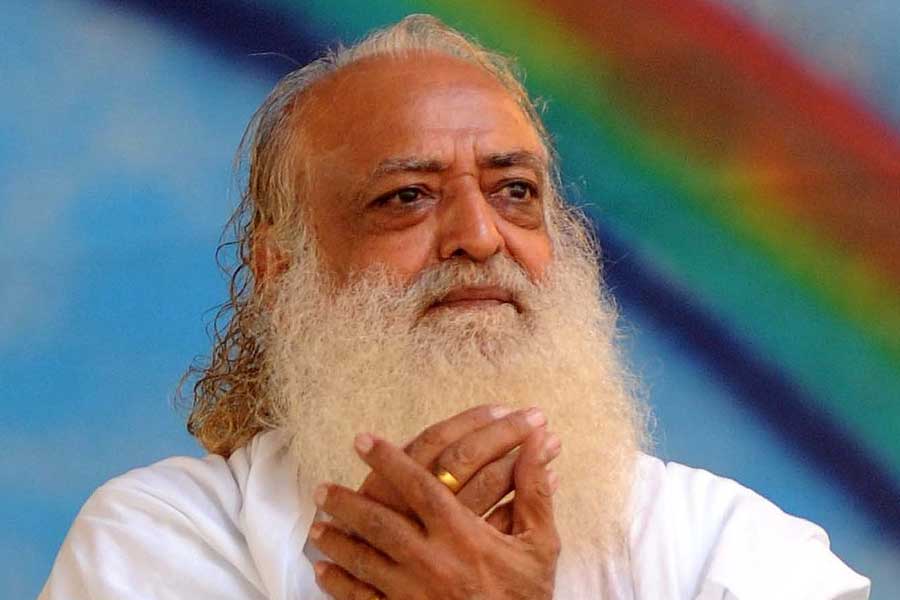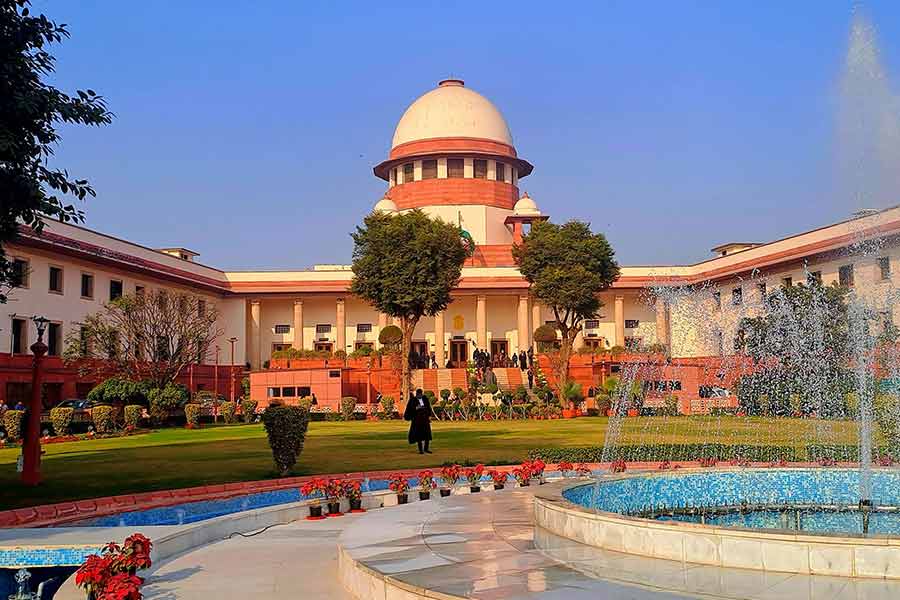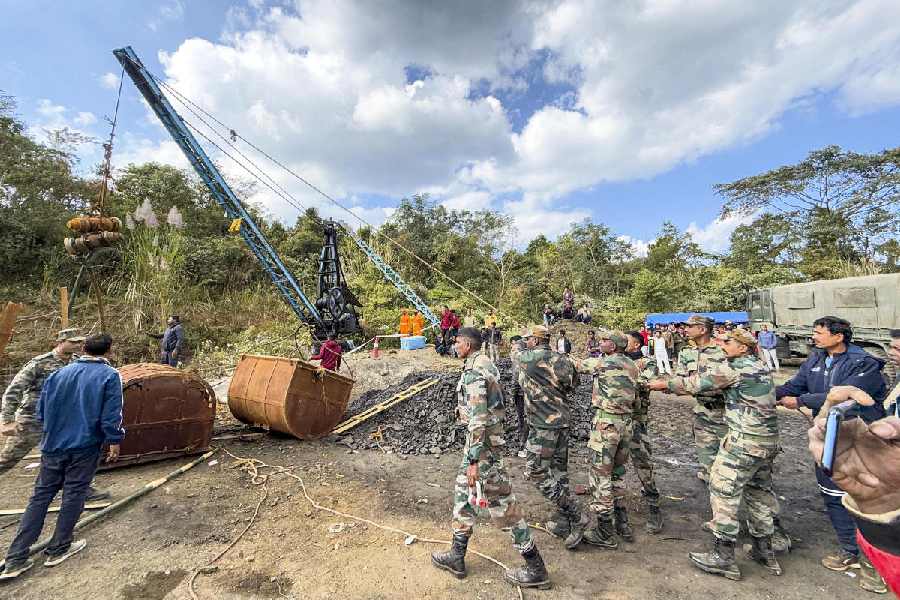The Registration of Births and Deaths (Amendment) Bill, 2023, which was passed in both Houses of Parliament during the Monsoon Session, has received the President's assent.
The law will allow the use of a birth certificate as a single document for admission to an education institute, issuance of a driving licence, preparation of a voter list, Aadhaar number, registration of marriage or appointment to a government job.
According to a notification issued by the Ministry of Law and Justice, President Droupadi Murmu has given assent to the legislation.
The law will help create a national and state-level database of registered births and deaths which eventually would ensure efficient and transparent delivery of public services and social benefits, and digital registration.
Union Minister of State for Home Nityanand Rai said in Lok Sabha that the original Act had not been amended since its inception and to keep pace with the societal change and technological advancements during the period of its operation and to make it more citizen-friendly, there is a need to amend the Act.
The legislation will facilitate the insertion of provisions for digital registration and electronic delivery of certificates of births and deaths for the benefit of the public at large to create a national and state-level database of registered births and deaths which would help in updating other databases resulting in efficient and transparent delivery of public services and social benefits.
It will provide for use of the birth certificate as a single document to prove the date and place of birth of a person born on or after the date of commencement of the Registration of Births and Deaths (Amendment) Act, 2023, for admission to an educational institution, issuance of driving licence, preparation of voter list, marriage registration, appointment to a post in central or state government or a local body or public sector undertaking or in any statutory or autonomous body under the central or state government.
The law will provide for the issuance of a passport, Aadhaar number and any other purpose as may be determined by the Central government to enhance public convenience and to avoid multiplicity of documents to prove date and place of birth in the country, according to the statement of objects and reasons.
The Act provides for change of the ordering authority from magistrate of the first class or presidency magistrate to district magistrate or sub-divisional magistrate or an executive magistrate authorised by the district magistrate in the case of delayed information of any birth or death to the registrar after one year of its occurrence and submission of self-attested document instead of an affidavit made before a notary public in the case of delayed information of any birth or death to the registrar after 30 days but within one year of its occurrence.
The legislation provides for facilitating the registration process of adopted, orphan, abandoned, surrendered, surrogate child and child to a single parent or unwed mother and makes it mandatory for all medical institutions to provide a certificate as to the cause of death to the registrar and a copy of the same to the nearest relative.
It provides for the appointment of special "sub-registrars" in the event of disaster or epidemic for speedy registration of deaths and issue of certificates, to collect Aadhaar numbers of parents and informants, if available, in case of birth registration.
It will also ensure addressing the grievances of the general public aggrieved by any action or order of the registrar or district registrar and enhance the penalties provided in the Act.
Except for the headline, this story has not been edited by The Telegraph Online staff and has been published from a syndicated feed.











